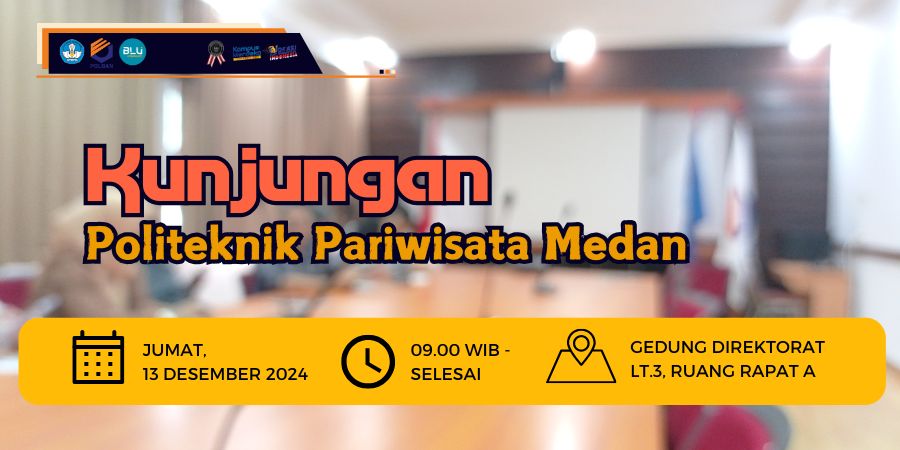The establishment of Politeknik Negeri Bandung (Polban) cannot be separated from the development of technical education in Indonesia. Technical education in Indonesia began in the colonial era, which consisted of:
- Ambacht School that graduates craftsmen,
- Middelbare Technische School (MTS) or Middle Technical School (STM) that graduates Field Supervisor Candidates,
- Technische Hoge School that graduates Engineers.
After independence, technical education consisted of the Middle Technical School, High Technical School and Technical College.
The occurrence of an exodus of Dutch engineers in 1951 caused a very small number of engineers in Indonesia. The Department of Public Works (DPU), at that time, was forced to rely on MTS graduates who had experienced eventhough lacked in ability. To overcome this situation, there was an idea to establish a technical education institution that could produce graduates whose abilities were close to the ability of engineers, but could complete their studies in a relatively short time. Therefore, in 1951 the DPU established the Technical Education Academy (LAPT) in Bandung which was later renamed the Academic Public Works and Power Engineering (ATPUT) with 3 years of study. The development of science and technology seemed to support technical colleges rather than technical high schools so that there was a gap between college graduate engineers and STM graduate workers. This condition gave positive effect to ATPUT because its graduates were able to fill the gap between college graduates and STM graduates.
Since the department was not permitted to hold educational institutions, therefore in 1972 ATPUT was organized by ITB in collaboration with Public Works (PU), and ATPUT changed its name to Politeknik Pekerjaan Umum (Public Polytechnic Institute)- Bandung Institute of Technology (LPPU-ITB). Thus LPPU-ITB is the first educational institution that used the name of “Polytechnic”. At that time LPPU only accepted PU employees as students.
Four years later, the Ministry of Education and Culture established a technician education for the first time under the name of the Swiss Mechanical Polytechnic (PMS-ITB). This Polytechnic only organized education in the field of metalwork technology and metal casting technology where the curriculum was made according to industrial needs. PMS-ITB is considered as the forerunner of polytechnic education in Indonesia. From the success of PMS-ITB education and the lack of sub-professional workers needed by the industry, government decided to establish a sub-professional educational institution which became known as polytechnic.
The Polytechnic was established and pioneered by the Ministry of Education and Culture in 1979 through the Director General of Higher Education Decree No. 03 / DJ / Kep / 1979, January 27, 1979, concerning the Opening of Diploma Education Programs in the Field of Engineering and Accounting and the Development Center for Technical Experts.
On October 4, 1985, the Director General of Higher Education inaugurated the establishment of 6 Polytechnics namely USU Medan, Politeknik UNSRI Palembang, Politeknik UI Jakarta, Politeknik ITB Bandung, Politeknik UNDIP Semarang, dan Politeknik UNIBRAW Malang serta Pusat Pengembangan Pendidikan Politeknik (PEDC) Bandung in the event of the 1st Graduation of Politeknik ITB.
Politeknik ITB began its program in academic year 1982/1983. At first Politeknik ITB had 4 study programs managed by 3 departments namely:1. Department of Civil Engineering – D-3 Civil Engineering Study Program2. Department of Mechanical Engineering – D-3 Mechanical Engineering Study Program3. Department of Electrical Engineering- D-3 Electrical Engineering Study Program- D-3 Electronic Engineering Study Program
In order to meet the industrial needs of skilled workers in the field of trade, in academic year 1986/1987, there was established the Department of Commerce with three study programs namely the D-3 Accounting Study Program, the D-3 Banking Study Program, and the D-3 Secretariat & Office Administration Study Program. In the same year the D-3 Telecommunications Engineering Study Program was opened under the Department of Electrical Engineering.
In the academic year 1987/1988, Computer Engineering Experts at ITB were transferred to Politeknik ITB to become Department of Computer Engineering. In the same year the D-3 Chemical Engineering Study Program was opened. Two study programs under Department of Mechanical Engineering were also opened, namely the D-3 in Refrigeration & Air-Conditioning Engineering Study Program and the D-3 Energy Conversion Engineering Study Program.
Based on the Decree of the Indonesian Minister of Education and Culture No. 0313/O/1991, June 6, 1991 concerning the Structuring of Polytechnic in Universities and State Institutions, the 6-year-old Department of Commerce had been divided into 2 Departments, namely the Accounting Department and the Commerce Department. In addition, the concentration in the Civil Engineering Study Program was inaugurated as a study program, namely the D-3 Civil Construction Engineering Study Program and D-3 Building Construction Engineering Study Program. In the academic year 1991/1992, the D-3 Aeronautical Engineering Study Program was opened under the Department of Mechanical Engineering.
In 1997, based on the Decree of the Ministry of Education and Culture No. 085/O/1997 Politeknik ITB became an independent institution, separated from ITB in passing out to become Politeknik Negeri Bandung (Polban).
In 2001 through Decree of the Director General of Higher Education No. 45/Dikti/Kep/2001 stipulated a change in the name of the D-3 Secretariat & Office Administration Study Program to become D-3 Business Administration Study Program. In the same year, the D-3 Tourism Travel Business Program under the Department of Commerce was opened.
In 2004, based on Decree of the Minister of National Education No. 162/D/O/2004, two of the study programs under the Department of Mechanical Engineering were upgraded to become department namely Department of Energy Conversion Engineering and Department of Refrigeration and Air Conditioning Engineering. In the same year, the D-3 Marketing Management Study Program was opened.
In the academic year 2006/2007 Polban offered a new study program namely D-3 English Study Program. Three years later, Department of Chemical Engineering opened D-3 Chemical Analyst Study Program.
The development of Science and Technology is to improve human welfare. This can only be done if the results of scientific research can be realized as products that are useful for humans. Therefore, to anticipate the progress of science and technology in the era of globalization, education programs in polytechnics must be adapted and must be able to produce graduates who have high ability to realize scientific research results into tangible products. Therefore, polytechnics must develop advanced programs to a higher level, namely a four-diploma program (D-4) that produces professional engineers.
Starting in 2002, Polban developed an applied bachelor programs program or D-4 program with 4 years of study in the fields of Road and Bridge Design, Informatics Engineering, and Asset Management. The development of this applied bachelor program continues, in 2006 there were Building Maintenance and Repair Engineering, Wireless Telecommunications Engineering, Government Management Accounting, and Islamic Finance was opened. Two years later, in 2008, Department of Chemical Engineering opened D-4 Cleaner Production Chemical Study Program.
In 20019 and 2010, applied bachelor programs in the fields of Electric Power Generation Technology, Electronics Engineering, Industrial Automation Engineering, Mechanical Design and Construction Engineering, and Refrigration and Air Conditioning Engineering were offered to the public. In 2014, 3 new programs in the fields of Manufacturing Process, Marketing Management and Accounting were opened.
Through the Decree of the Minister of Education and Culture on Higher Education Organizing Programs Outside Domicile No. 241 /P/2014, Polban is mandated to run a study program at the diploma two level (D-2) in Pekalongan District for the Mechanical Engineering Study Program, Chemical Engineering Study Program and Software Engineering Study Program.
Running the mandate of Law No. 12 of 2012 concerning Higher Education Article 16 that vocational higher education can be developed until an applied master program or applied doctor program. Polban opened the first applied master program in 2013, namely the Infrastructure Engineering Study Program. Three years later, in 2016 Finance and Islamic Banking master program was opened.
Present day, Polban has held 18 D-3 study programs, 18 D-4 study programs (Applied Bachelor), 3 D-2 study programs, and 2 applied master programs.





